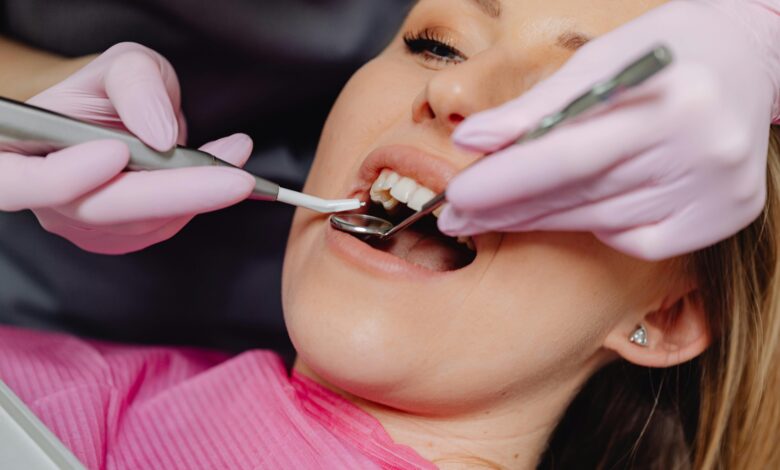Why Botox Is Trending as a Teeth Clenching Remedy

Teeth clenching, medically known as bruxism, affects millions of individuals worldwide, causing discomfort, pain, and potential dental issues. Recent trends have highlighted an unconventional yet effective solution: Botox injections. Let’s delve into why teeth clenching Botox in Birmingham, is gaining traction as a remedy for teeth clenching.
Understanding Bruxism
Before exploring Botox as a treatment, it’s crucial to understand bruxism. This condition involves grinding or clenching the teeth, often unconsciously, which can occur during sleep (sleep bruxism) or while awake (awake bruxism). Bruxism can lead to headaches, jaw pain, worn-down teeth, and other complications.
The Role of Botox
Botox, a neurotoxin derived from Clostridium botulinum, is primarily known for its cosmetic applications in reducing wrinkles. However, its muscle-relaxing properties have shown promise in treating bruxism. When injected into the masseter muscles (the primary muscles used for chewing), Botox inhibits muscle contractions, thereby reducing the intensity of teeth grinding and clenching.
Benefits of Botox for Bruxism
The use of Botox for bruxism offers several benefits. Firstly, it provides relief from jaw tension and pain associated with teeth clenching. By relaxing the muscles, Botox can prevent excessive wear and tear on teeth, reducing the risk of dental damage. Additionally, patients often report improved sleep quality due to reduced bruxism-related disruptions.
Procedure and Effectiveness
The procedure for administering Botox for bruxism is relatively quick and minimally invasive. A trained healthcare professional injects Botox into specific areas of the jaw muscles. Results typically begin to show within a few days and can last for several months. Regular follow-up injections may be necessary to maintain the effects.
Rising Popularity
The growing popularity of Botox for treating bruxism can be attributed to its effectiveness and convenience. Many individuals prefer this non-surgical approach over traditional treatments like mouthguards or medications. Moreover, the cosmetic benefits of Botox are an added incentive for those seeking both functional and aesthetic improvements.
Considerations and Consultation
It’s important to note that Botox for bruxism should only be administered by qualified professionals with experience in this specific treatment. As with any medical procedure, consultation with a healthcare provider is essential to determine suitability and discuss potential risks or side effects.
Conclusion
In conclusion, Botox is emerging as a viable solution for teeth clenching or bruxism, offering relief from discomfort and preventing dental complications. The growing trend underscores the effectiveness of this innovative approach in addressing a common yet often challenging condition. If you suffer from bruxism, consider consulting a healthcare provider to explore whether Botox could be the right remedy for you.



